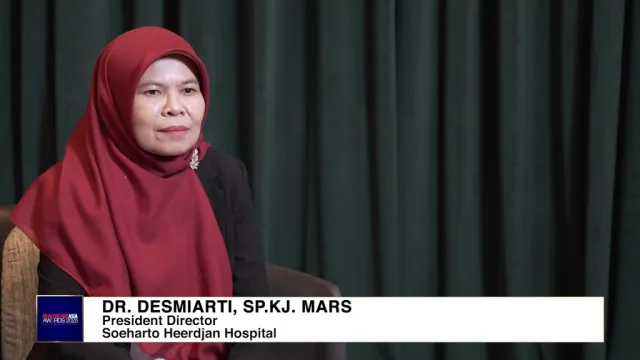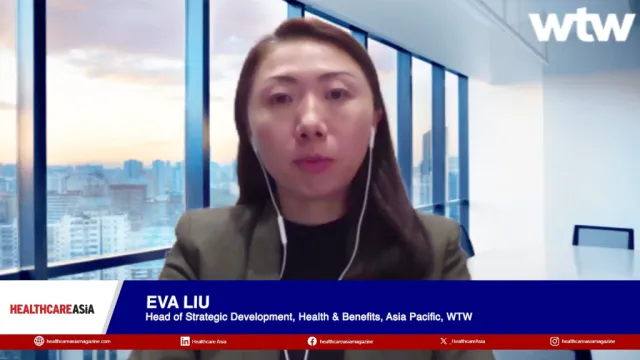
Healthcare budget boost to beef up Australia’s pharma sector
The allocation is expected to help reduce the pressure on the hospital system.
The Australian government’s plans to boost the 2022-2023 healthcare budget by 5.7% compared to the previous year are expected to contribute to strengthening Australia’s pharmaceutical sector, according to a report from Fitch Solution.
The Australian government delivered its 2022-2023 federal budget with the aim to begin the task of strengthening Medicare after a decade of cuts and neglect in general practice and primary care, the report noted.
“With household spending slowing and cost of living on the rise, relief will come in the form of childcare subsidies, disaster-related spending and amended medication subsidies,” Fitch said.
READ MORE: Australia’s incentives for domestic manufacturing to create opportunities
The allocation of $1.8b (A$2.9b) is expected to drive an innovative revamp of Australia’s primary healthcare system, and will also make it easier for Australians to see a doctor by establishing 50 Medicare Urgent Care Clinics that will help reduce the pressure on the hospital system.
The government will provide $152.5m (A$235m) from 2022-2023 to commence the rollout, including $64.9m (A$100.0m) over two years from 2022-2023 to co-develop and pilot innovative models with states and territories to improve healthcare pathways.
“As a result, the development plans will ensure steady growth within the pharmaceutical sector over the long term,” the report stated.
Fitch expects the Australian pharmaceutical market to continue on an upward trajectory and reach $18.0b (A$23.7b) in 2026, posting a five-year compound annual growth rate (CAGR) of 4.1% in local currency and 4.3% in US dollar terms.
Last September, Australian Prime Minister Anthony Albanese announced plans to slash the cost of Pharmaceutical Benefits Scheme (PBS) medicines to just $20.10 (A$30) a script under the new cost of living measures. The general co-payment will be reduced by 30% from $28.50 (A$42.50) under the changes and will apply to 17 million full-priced medicines.
“Honouring an election pledge to cut the cost of drugs listed on the PBS, Anthony Albanese introduced the legislation in early September 2022. If passed by parliament, it will be the first time in the scheme's 75-year history the maximum cost of scripts will fall,” the report added.
Reducing the PBS general co-payment is also expected to expand access to medications and will continue to drive pharmaceutical expenditure growth over the medium term.
The changes to the PBS will take effect next year and the administration has pledged to invest around $512.7m (A$765m). Additionally, in the 2022-2023 budget, the government allocated $900,000 (AUD1.4b) for new and amended listings to the PBS, including treatments for various types of cancer and growth hormone deficiency in children.
“We anticipate this policy reform on the PBS will drive pharmaceutical expenditure growth over the medium term,” Fitch said.

 Advertise
Advertise



